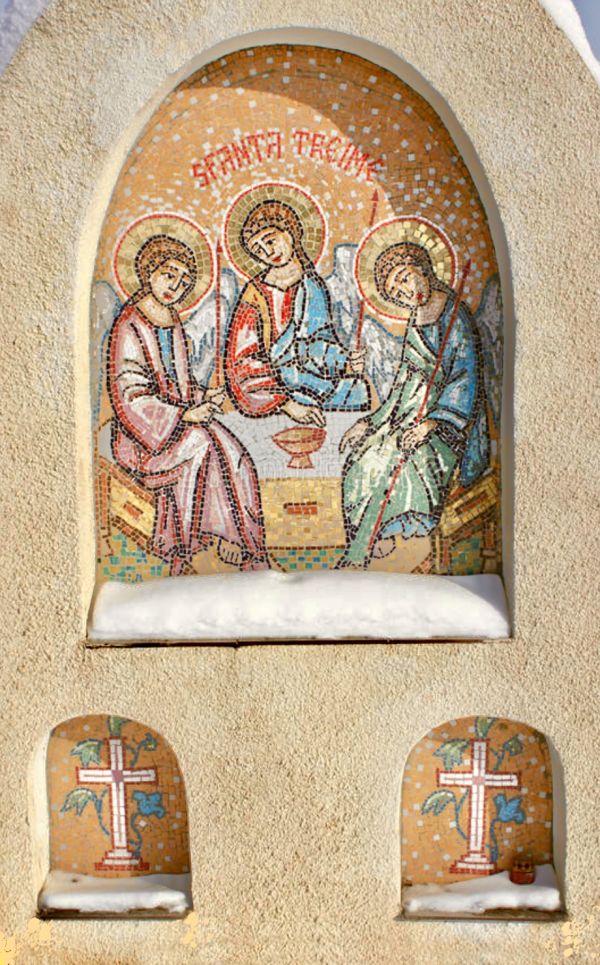Absent Ecclesiology
(Mk 9:38-40)
It’s not strange that the holy Inquisition was born in the time of an absent ecclesiology.
The ‘leaven’ of the Pharisees and Herod (Mk 8:14) leads Christ's direct disciples to a sealed mentality - according to which if someone "is not one of us" [«he did not follow us» v. 38] he must be marginalized.
There is no trivial criterion that gives imprimatur of being able to discriminate “faithful” and “not”.
It’s worth: how important is the Person of the Son of man, for our life and in our daily choices?
For the Lord, what matters is not formal belonging - which tends to homologate.
In fact, we see that it’s precisely situations outside the lines that become a goad: they urge dull and opaque ‘christians’ to become a Seed.
Thus, even the "community" is not important because it considers itself as such.
The universal call to the promotion of humanity is divine: a wealth that flies over obstacles, a heritage of joy from wherever it comes.
If relegated and locked in the filing cabinets, the history of Salvation does not become life of the saved.
«But Jesus said: Do not prevent him. In fact, there is no one who does a powerful wonder in my name and immediately afterwards he can speak ill of me» (v.39).
With his intimates, the Master doesn’t use diplomatic language [expressions careful not to offend their susceptibility as experts].
The formation of the disciples is essential to the construction of the Kingdom with wide boundaries; above all, mental.
There are models in esoteric religions. Not here: only charisms, even very personal ones - a condition of true love.
We are ruled by God - the only one who knows what it arouses in each one, and ‘where to go’.
Jesus is the revelator and cornerstone of this happy, unthinkable News: but in the sense of intimate Motive and Motor, completely non-exterior - which calls the person in a way that seems incomprehensible to others.
Christ marks his friendship in the life of believers as the center and axis. Yet there are many gestures and sensitivities that the new world arouses, and likewise make his Presence leak out.
Nor does He tire of repeating what we do not wish to understand.
He orders only to ‘perceive’ the reality well (Mk 8:27-29) where the secret of God is hidden - that conformist thought is not even remotely able to imagine (Mk 8:30-35).
‘Standard’ has no specific weight for the excess of the adventure of Faith.
The imbalance of love is personal: it serenely admits the diversity and eccentric increase of life, that follows.
Such is the new awareness of the Mission made in Listening, and in respect not only towards the intelligence and culture of others, but also towards oneself.
No one has a monopoly on Grace, which is why we do not shrink our hearts from canons or fashions.
In the truth of the Good, the sense of ownership is out of place.
To internalize and live the message:
What weight do material interests, the empty rigidity, or uninhibited fantasies of those who (without even having a title) ape petty hierarchies and fulminate the different with mediocre impersonal sentences have on you?
How do you live the Word: «Who is not against, is for»?
[Wednesday 7th wk. in O.T. 26 February 2025]












